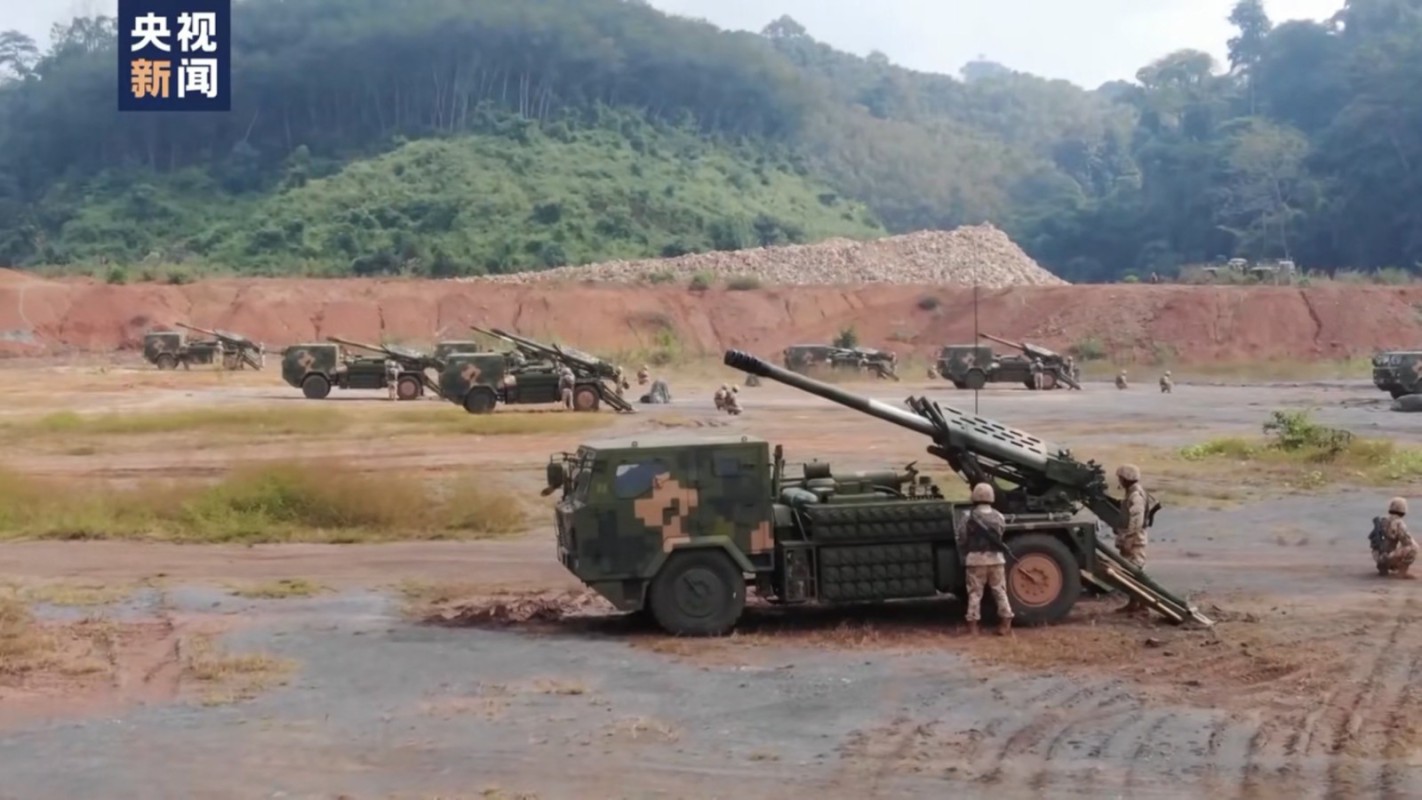China’s Ruili authority warns TNLA with high-pitched tone

776

Tun Mon Thet (NP News) - Sep 3
The Ruili City National Security Committee, representing its people in rural site, seems to reach beyond the limit of tolerance to the destructive and instability provocations of the ethnocentric armed forces in Myanmar calling for an immediate ceasefire, cooperation, peace, and stability.
The notification – which was assumed to be released by the Ruili authority, on behalf of its people – demanded to stop fighting immediately and to cooperate with China to maintain peace and stability in northern Myanmar and the China-Myanmar border area.
It was issued on 29 August, the last day of the Joint live-fire exercise of the Chinese People’s Liberation Army (PLA) Army and Air Force on the Chinese side of the China-Myanmar border from 27 to 29 August.
The local authority of Ruili now calls the ethnocentric TNLA forces for regional stability, stressing: “Put an end to all military actions that may endanger the tranquility of the Chinese border and the safety of life and property of Chinese personnel.”
Before it, Special Envoy of the UN Secretary-General on Myanmar Julie Bishop visited China on August 20 and 21 and met with Member of the Political Bureau of the CPC Central Committee and Foreign Minister Wang Yi, and Special Envoy for Asian Affairs of the Ministry of Foreign Affairs Deng Xijun respectively and exchanged in-depth views on the Myanmar issue, as per the Chinese foreign ministry spokesperson Mao Ning’s regular press conference.
“All those outcomes might have resulted from the meeting between Senior General Min Aung Hlaing and Mr. Wang Yi, and the meeting between bilateral held in Naypyidaw, which did not release detailed statements to the public. It can be deemed that a huge turning point has occurred for the bilateral tie,” Dr. Aye Maung, chairman of the Arakan Front Party remarks.
Chinese rural people have often been collateral damage in the military conflicts and strains of Myanmar around the two countries’ borders. The collateral damages in Chinese rural side from Myanmar conflicts frequently range from closing border trade, frightens, regional instability, and landings of small bombs to even bearing social conflicts. For example, some recent incidents done by the ethnocentric armed forces in Myanmar ignited flames of ambiguities among people-to-people relations between the two countries, for instance: the MNDAA announced in Chinese language to halt firing while the Communist Party of China held the meeting. Those kinds of ill-will acts done by the ethnocentric armed forces in Myanmar tried to contaminate bilateral relations.
That is to say, among the neighbouring countries of Myanmar, Chinese people, especially in its rural areas with proximity to the Myanmar borderline, have suffered the spillover effects of Myanmar conflicts in various ways.
Dr. Aye Maung added, “If China can deter effectively the acts which intend the instability in borderline, we wish it will pave the way for the resolution to the problem happening in Myanmar and lead to peace.”